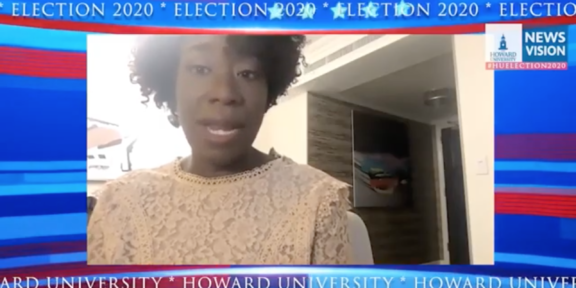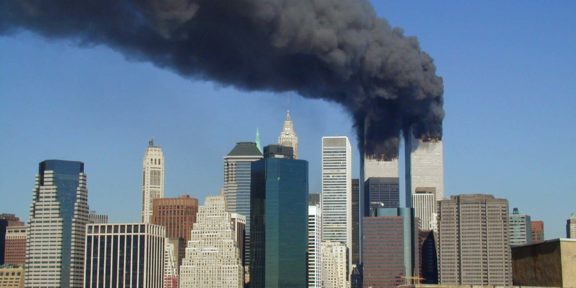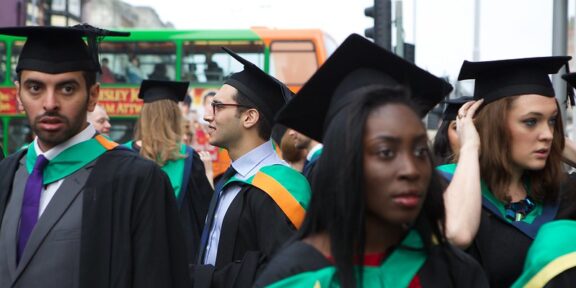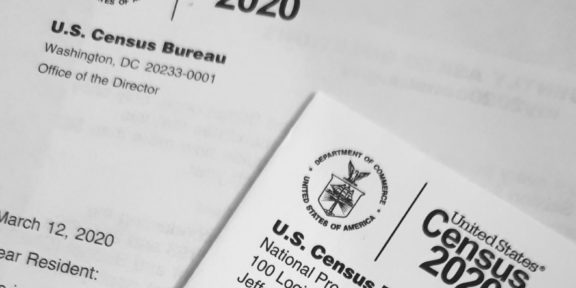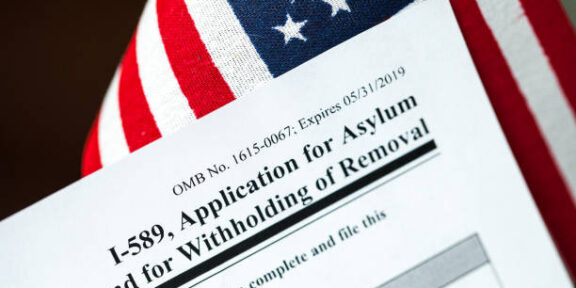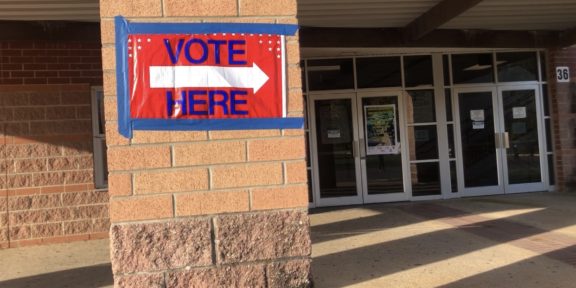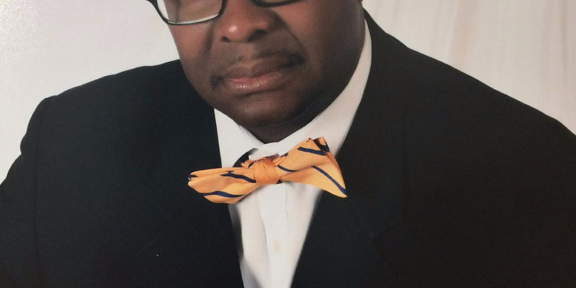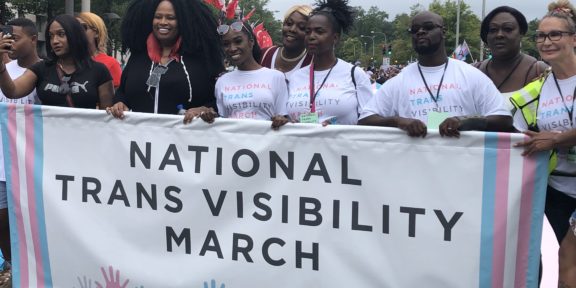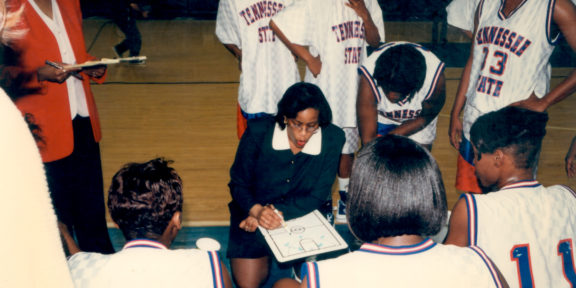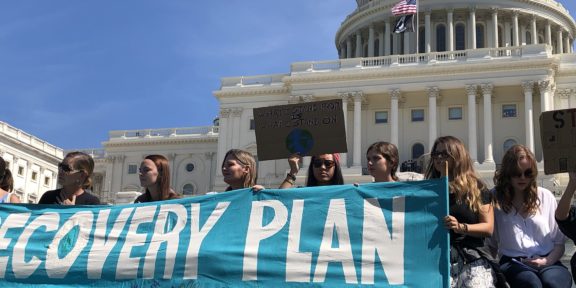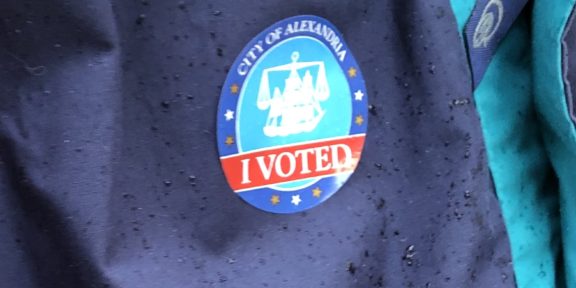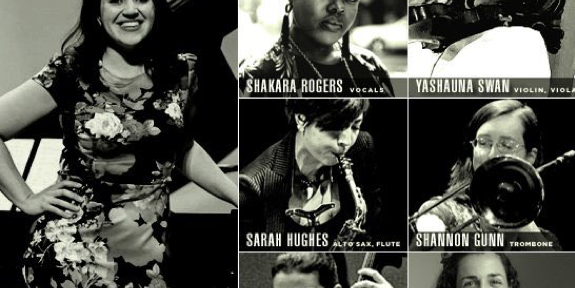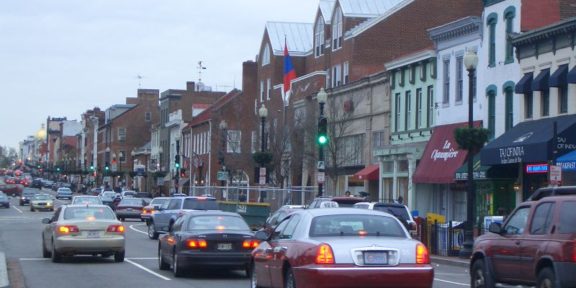By Morgan Minix, Howard University News Service
D.C police officers currently in Ward 2 must contended with a community of contrasts. There are the affluent residential areas like Foggy Bottom and Georgetown and the compact busy areas of downtown and Dupont Circle. Altogether, working in these areas presents different challenge, especially for an organization that can be as polarizing as the Washington D.C police.
The Second District Police Station is located in the Cathedral Heights neighborhood. A quiet area that’s sheltered from large scale crime. The Second District only had one homicide over the past year with the majority of crimes being thefts.
Inside of the police station, however, the niceties of the neighborhood disappear. Anthony Baker, an officer who works in the station recounted an incident from earlier that day in which a citizen spit on him while he was being processed for arrest. On how to handle situations like the aforementioned one Baker said, “you try to separate your emotions.”
Officers like Baker and Angela Bracey understand that being in uniform will sometimes make you unpopular. Both officers, however, also believe that this comes with the territory of policing. Along with this job comes interesting encounters, said Bracey, who patrolled Georgetown, Foggy Bottom, and Dupont Circle for 12 years. She said of the many encounters she’d had. “You are dealing with persons who are either combative or not in their right mental personality,”
Currently, their days are consumed by the work that needs to be done inside of the station. These tasks include taking inventory of things like handcuffs, checking on cellblocks and inmates, giving tours to young children, and assisting people in the area who come in search of help.
This mundaneness is inseparable from the area. “There are a lot of financially stable people and not a lot of violent crime,” Baker said. He also said that most of the serious incidents in the area revolve around suicides. While there are pros to this relative quiet, Officer Baker also said, “It’s real political, people will approach you while you’re having lunch and ask what you’re doing in their neighborhood.”
While these officers consistently face push back because of the organization they work for, they also stated that not all parts of the job are bad. For example, Baker cited the love he feels from some people in the community. “Seeing a smile on a little kid’s face, hear them say thank you. Seeing a person change their live around. Those are the good parts of the job,” He said.
Bracey agreed that there are positives saying “Being able to assist person finding either family members or their belongings and meeting new people,” Both officers juggle the positives and negatives are examples of the complex relationship the community of Ward 2 has with police offices.


